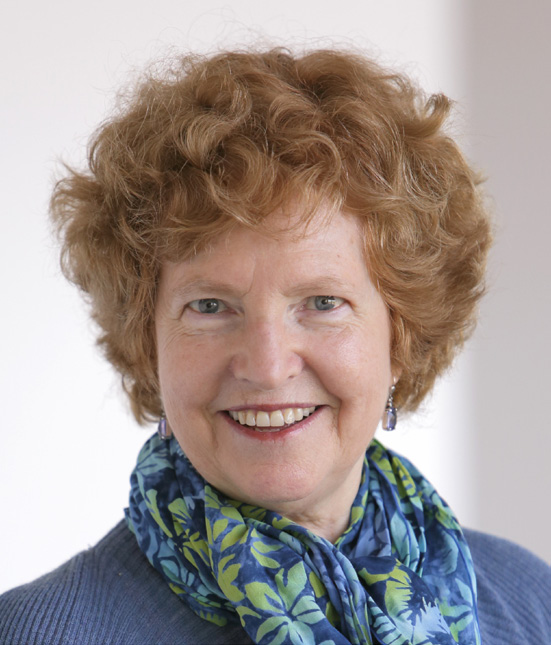
- This event has passed.
April 15, 2019 @ 6:30 pm - 8:00 pm
Event Navigation
with Julia Rowland, Ph.D.

Behavior change, why is it so hard to do? Come and learn the answer to this age-old question, along with techniques you can use to reach the goals you set for yourself. Even if you have long since given up those New Year’s resolutions, it is never too late to honor a commitment to improving your health and sense of well-being. Worry that the cancer may come back is the most common long-term effect of living with a history of cancer. Curiously, it is not the most frequently studied, leaving many to wonder how to manage this anxiety. Come learn about techniques and strategies to master fear of recurrence and embrace uncertainty.
About Julia H. Rowland, Ph.D.

Dr. Rowland, newly named Senior Strategic Advisor to Smith Center, comes to this position as a long-time clinician, researcher and teacher in the area of psychosocial aspects of cancer. She has worked with and conducted competitively funded research among both pediatric and adult cancer survivors and their families, published broadly in psycho-oncology and co-edited the ground-breaking text, Handbook of Psychooncology. Dr. Rowland received her PhD in Developmental Psychology from Columbia University and completed a post-doctoral fellowship at Memorial Sloan-Kettering Cancer Center in psychosocial oncology. While at MSKCC, where she held joint appointments in pediatrics and neurology, Dr. Rowland helped to develop and was the first Director of the Post-Treatment Resource Program, one of the first non-medical survivorship care programs to be offered by a major cancer center in the U.S. In 1990 Dr. Rowland moved to Washington, DC to become founding Director of the Psycho-Oncology Program at Georgetown University and the Lombardi Cancer Center. Nine years later, in September of 1999, she was recruited to the National Cancer Institute to become the first, full-time Director of the Office of Cancer Survivorship, a position in which she served for 18 years, championing the growth of survivorship research and care, before stepping down in September 2017 to assume her new role at Smith Center.


